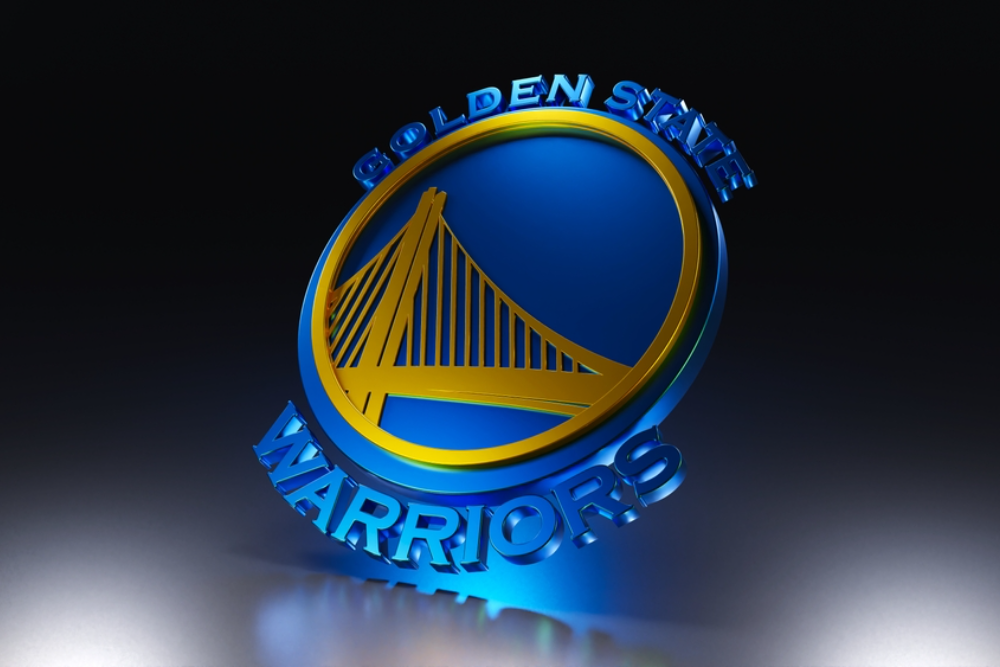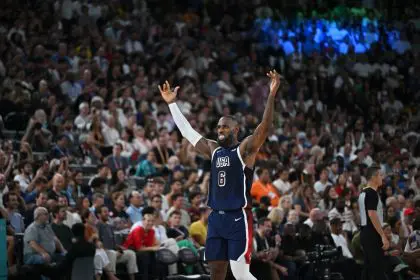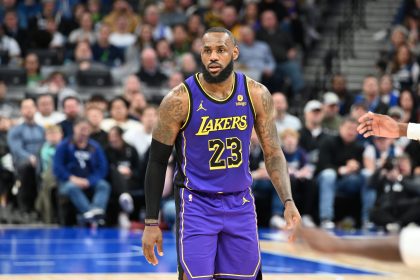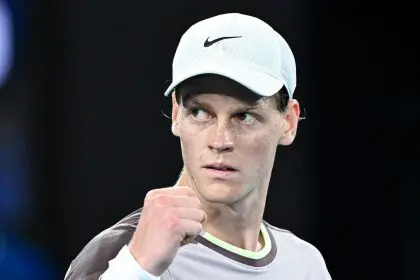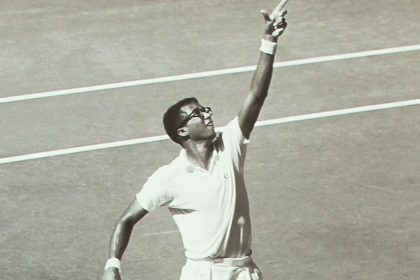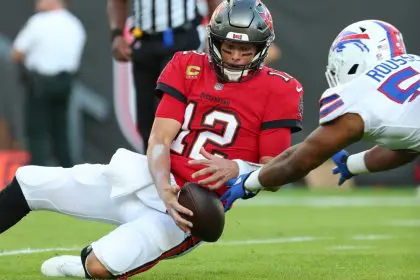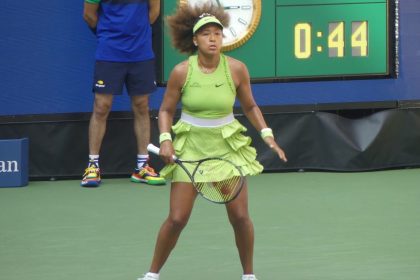The Golden State Warriors‘ dynasty appears to be wavering as the team grapples with a mediocre 16-16 record, raising questions about their future in the highly competitive Western Conference.
Performance decline sparks debate
The Golden State Warriors’ recent decline has shifted them from a dominant force in the NBA to a team now scrambling to stay relevant. A devastating 113-95 loss to the Cleveland Cavaliers on Dec. 30 highlighted the deepening concerns about their future, with particular focus on their star player, Stephen Curry. This loss added to a troubling trend where the Warriors have won just four of their last 17 games since Nov. 23. Now sitting third in the Pacific Division, they trail both Los Angeles teams, a far cry from the dominance they enjoyed over the past decade.
Curry’s struggles mirror team’s descent
Curry’s performance has become emblematic of the Warriors’ broader challenges. The NBA‘s all-time 3-point leader, who revolutionized basketball with his long-range shooting, posted just 11 points against Cleveland. This underwhelming showing epitomizes a season where his usual brilliance has appeared intermittently rather than consistently.
Roster changes impact team chemistry
The departure of Klay Thompson to the Dallas Mavericks via sign-and-trade dealt a significant blow to the Warriors’ championship aspirations. Thompson’s exit after 13 seasons dismantled one of basketball’s most lethal backcourts, leaving a void in both scoring and leadership.
Future uncertainties loom large
Although Stephen Curry signed a $62.6 million extension with the Golden State Warriors through the 2026-27 season last August, uncertainty about his long-term future with the team lingers. His recent decision to temporarily remove Warriors-related content from his social media platforms has fueled speculation regarding his commitment to the struggling franchise. Despite his status as a four-time NBA champion, these actions have led some to wonder if Curry might be reconsidering his place in Golden State as the team faces challenges.
Front office faces mounting pressure
The Golden State Warriors’ front office is facing growing criticism for its handling of roster construction and resource allocation. Many critics argue that the team missed key opportunities to strengthen the supporting cast around Stephen Curry, especially after Klay Thompson’s departure. The Warriors have struggled to maintain their once-dominant defensive identity, and their transition into a new era has revealed noticeable structural weaknesses. These issues have become more evident as the team tries to remain competitive in the challenging Western Conference.
Path to redemption
Golden State’s immediate challenge lies in recapturing their winning formula while navigating the ultra-competitive Western Conference. The team’s track record suggests potential for rapid improvement, but achieving this requires addressing fundamental issues in roster construction and on-court execution.
The Warriors’ struggles represent more than a temporary setback; they signal a potential end to an era that redefined NBA basketball. As pressure mounts, the organization’s response in the coming months could determine whether this season marks the sunset of a dynasty or the beginning of a successful reinvention.
The stark reality facing Golden State extends beyond win-loss columns. The team must balance honoring its championship legacy while adapting to new competitive demands. Their ability to navigate this transition will likely determine whether they can maintain their status among the NBA’s elite or face a prolonged period of rebuilding.
Looking ahead, the Warriors’ future hinges on their capacity to complement Curry’s talents with a supporting cast capable of meeting the modern NBA’s challenges. The coming trade deadline could prove pivotal as the front office weighs short-term competitiveness against long-term sustainability.
The Warriors’ predicament reflects broader challenges facing aging dynasties in professional sports. Their response to this adversity could provide a blueprint for how championship teams navigate the delicate balance between preserving their legacy and embracing necessary change.

